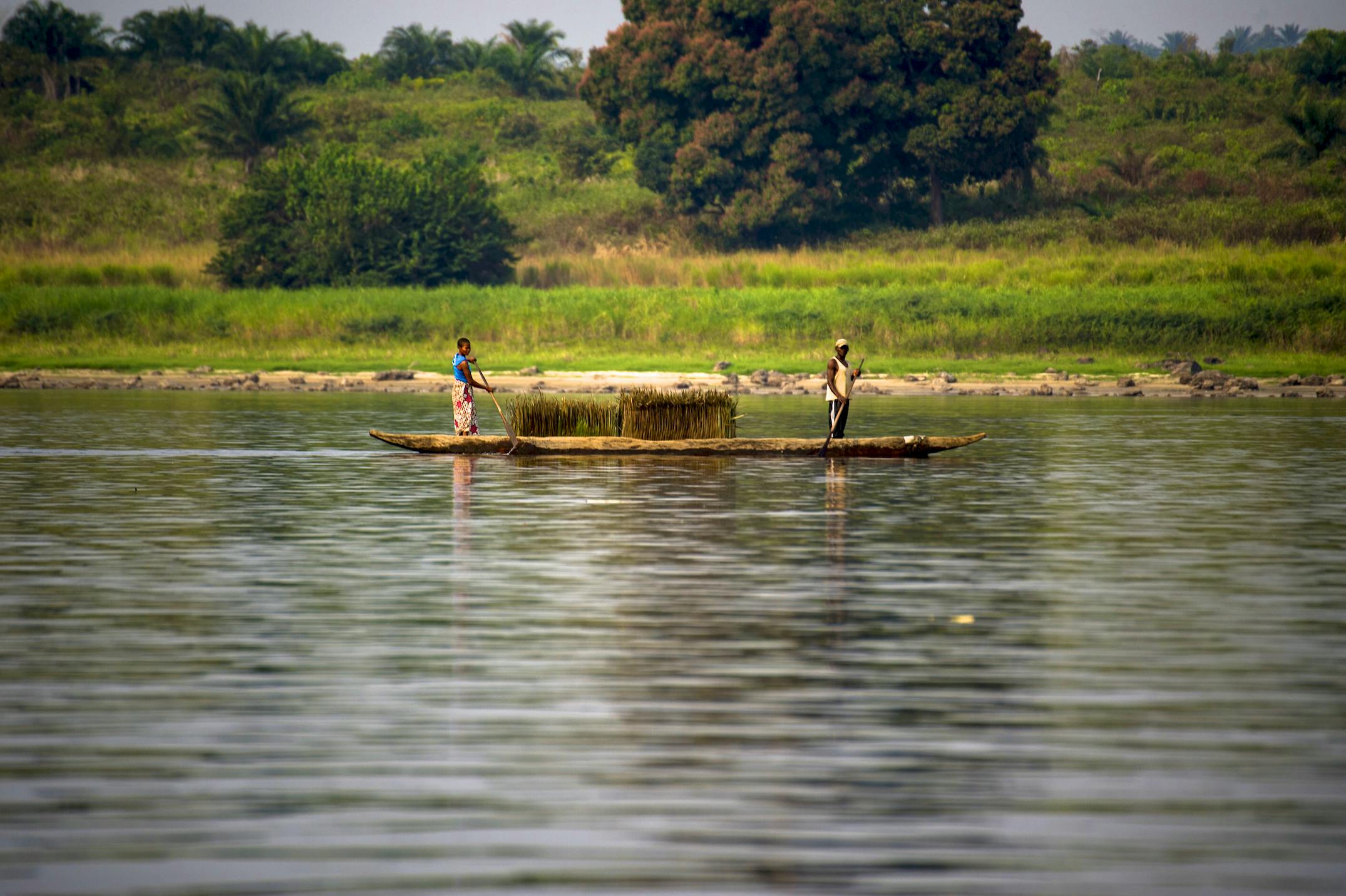Crisis Point
Download Full Report HereNew research shows massive threats to the Amazon and Congo tropical forests from global oil and gas expansion. An area six times the size of the UK threatened and tens of millions of Indigenous and local community members at risk.
- Over 135 million hectares of undisturbed tropical forest (an area approximately six times the size of the United Kingdom) overlaps with oil and gas blocks already in production or designated for future drilling in the Amazon and Congo.
- More than 20% of the total population in these regions or more than 44 million people (inclusive of Indigenous and local communities) now dwell in oil and gas blocks.
- More than 26,000 populated places (villages, towns, cities, etc.) overlap with oil and gas blocks in these key tropical forest regions.
- More than 25 million hectares of indigenous territories (in the Amazon) overlap with oil and gas blocks.
This report offers a close-up look at the threats that oil and gas expansion poses to forests, Indigenous and local communities and biodiversity in the world’s two largest tropical forest regions. It also uplifts critical global solutions.

Indigenous women in the forests of Cameroon. Image credit: Courtesy of Nomedjo Martijn, Rainforest Foundation UK
Tropical rainforests cover just 6% of the Earth’s surface, but contain over 50% of its species. Despite their critical importance for the future of humanity, preserving primary and priority forests and ecosystems has not yet risen to be a global priority. In fact, vast sums of public and private money are being used for logging, agribusiness, mining, and oil and gas drilling in these regions – causing harm to Indigenous peoples and local communities and destroying the integrity of these increasingly rare and vitally important places on the planet.
Protecting primary and priority forests and ecosystems will enable humanity to address the intersecting and accelerating climate, biodiversity, and social justice crises that we now face. Protecting these critical places requires a new level of global action as they face accelerating threats from industrial exploitation, in some cases nearing and passing ecological tipping points of no return.
.png)
We are in the midst of a climate and biodiversity emergency. Time is running out and bold action is required to address the scale of the challenge we face. An immediate moratorium on industrial activity in primary and priority forests and ecosystems is essential.
The International Energy Agency (IEA) has stated that in order to limit global warming to within the threshold of 1.5°C, no further fossil fuel expansion must take place. However, with current forecasts, in 2030, governments’ production plans and projections would lead to around 240% more coal, 57% more oil, and 71% more gas than would be consistent with limiting global warming to 1.5°C.

Unfortunately, the threat of oil and gas expansion in key tropical forest basins and other forest regions around the globe is immense – and representative of a trajectory that is vastly out of alignment with the need to protect these places in order to advance climate and biodiversity stability and uphold the human rights of Indigenous Peoples. Prioritizing and financing primary forest and ecosystem protection is an investment in the future of humanity that will yield dividends for generations to come.




